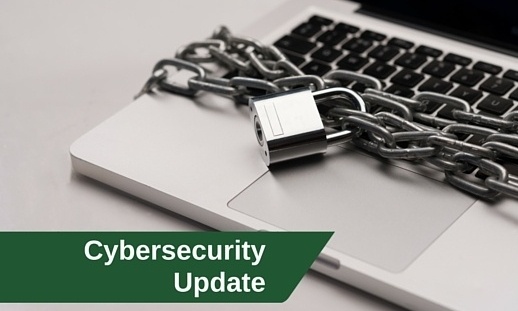
Every year, millions of consumers fall victim to cybercrime. According to the FBI’s Internet Crime Complaint Center, in 2014, consumers lost more than $800 million from scams initiated through the web. In recognition of Internet Safety Month in June, we're highlighting seven tips to help consumers protect themselves from online fraud.
The Internet has become one of the most popular tools used to commit fraud and criminals are becoming more and more sophisticated with their hacking techniques, As a result, it’s extremely important for consumers to secure their wireless networks and filter the amount of personal information they choose to divulge online.
The Bank Independent security team recommends the following tips to keep you safe online:
- Keep your computers and mobile devices up to date. Having the latest security software, web browser, and operating system are the best defenses against viruses, malware, and other online threats. Turn on automatic updates so you receive the newest fixes as they become available.
- Set strong passwords. A strong password is at least eight characters in length and includes a mix of upper and lowercase letters, numbers, and special characters. Avoid using dictionary words, which can be easily guessed. Interesting fact: Databreachtoday.com reports that of the 117 million email addresses that were stolen from LinkedIn's 2012 data breach, the top three passwords were "123456," "linkedin" and "password." (P.S. If you haven't changed your LinkedIn password since 2012, you should change it now).
- Watch out for phishing scams. Phishing scams use fraudulent emails and websites to trick users into disclosing private account or login information. Do not click on links or open any attachments or pop-up screens from sources you are not familiar with.
- Forward phishing emails to the Federal Trade Commission (FTC) at spam@uce.gov – and to the company, bank, or organization impersonated in the email. Please remember that Bank Independent will never ask you for any personal financial information via email.
- Keep personal information personal. Hackers can use social media profiles to figure out your passwords and answer those security questions in the password reset tools. Lock down your privacy settings and avoid posting things like birthdays, addresses, mother’s maiden name, etc. Be wary of requests to connect from people you do not know.
- Secure your internet connection. Always protect your home wireless network with a password. When connecting to public Wi-Fi networks, be cautious about what information you are sending over it.
- Shop safely. Before shopping online, make sure the website uses secure technology. When you are at the checkout screen, verify that the web address begins with "https." Also, check to see if a tiny locked padlock symbol appears on the page.
- Read the site’s privacy policies. Though long and complex, privacy policies tell you how the site protects the personal information it collects. If you don’t see or understand a site’s privacy policy, consider doing business elsewhere. Click here to see Bank Independent's Privacy Policy.
Bank Independent--and all financial institutions--take cybersecurity very seriously. We work hard to not only protect our internal systems which house personal financial information, but also to provide our customers and community with tips on keeping personal information secure from cybercriminals.
If you'd like to learn more about what we do to protect you, and what you can do to protect yourself, visit www.bibank.com and click on "Identity Protection" in the footer.
